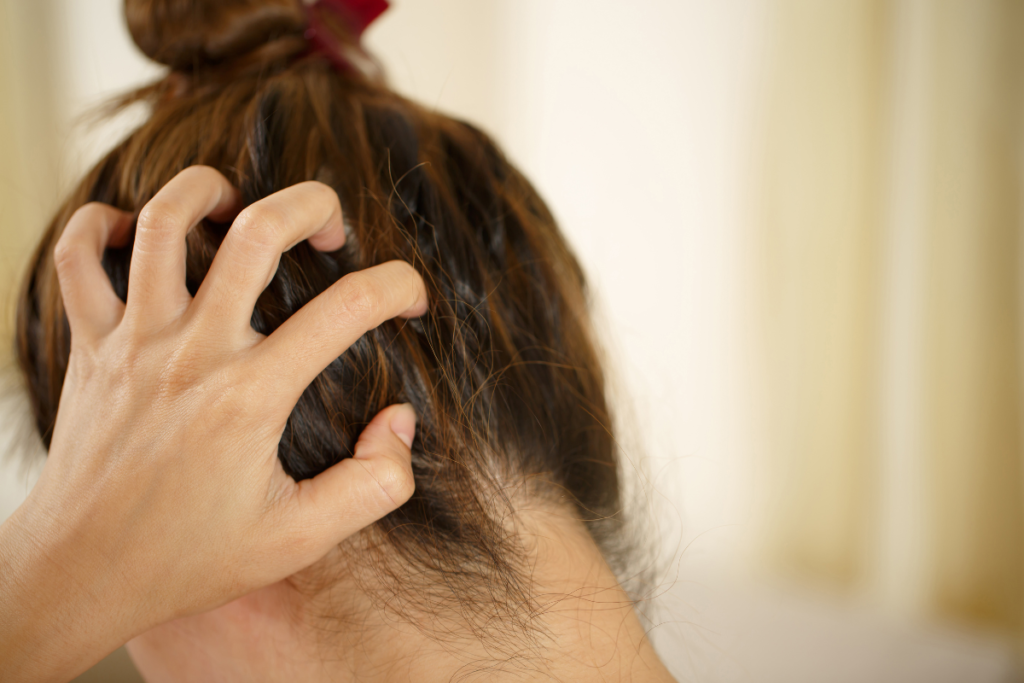
Hormones play a crucial role in regulating various bodily functions, and their influence extends to our skin and hair. Changes in hormone levels can lead to a range of skin and hair concerns, impacting overall beauty and self-esteem. Understanding how hormones affect your skin and hair can help you manage these changes and maintain a healthy appearance. Let’s explore the key hormones involved and their effects.
The Role of Hormones in the Body
Hormones are chemical messengers produced by glands in the endocrine system. They regulate numerous processes in the body, including metabolism, growth, mood, and reproductive functions. Some of the most significant hormones affecting skin and hair include:
- Estrogen: Primarily a female hormone, estrogen promotes collagen production and skin elasticity, contributing to a youthful appearance.
- Progesterone: This hormone fluctuates during the menstrual cycle and can affect skin hydration and oil production.
- Testosterone: Present in both men and women, testosterone influences oil production and hair growth. An imbalance can lead to acne or hair thinning.
- Cortisol: Known as the stress hormone, cortisol can lead to increased oil production and inflammation in the skin when levels are elevated.
- Thyroid Hormones: These hormones regulate metabolism and energy levels. An imbalance can lead to dry skin, hair loss, or changes in hair texture.
Hormonal Changes and Skin Concerns
Acne:
Hormonal fluctuations, especially during puberty, menstruation, pregnancy, or menopause, can lead to increased oil production, clogged pores, and acne breakouts. Elevated levels of testosterone and progesterone can exacerbate this condition.
Dryness and Sensitivity:
As estrogen levels decline, particularly during menopause, skin may become drier and more sensitive. This decrease in estrogen affects collagen and elastin production, leading to fine lines and a lack of firmness.
Pigmentation:
Hormonal changes can trigger hyperpigmentation, often referred to as melasma or “the mask of pregnancy.” Estrogen and progesterone can increase melanin production, resulting in dark patches on the skin.
Rosacea:
Hormonal changes can trigger or worsen rosacea, a chronic skin condition characterized by redness and visible blood vessels. Fluctuating hormone levels may lead to flare-ups in sensitive individuals.
Hormonal Effects on Hair Health
Hair Growth:
Hormones such as testosterone and estrogen significantly influence hair growth cycles. Elevated levels of testosterone can lead to increased hair growth in unwanted areas (hirsutism) and hair thinning on the scalp (androgenetic alopecia).
Hair Texture Changes:
Fluctuating hormone levels can also alter hair texture. For instance, some women may experience coarser hair during pregnancy due to increased estrogen, while hormonal imbalances can lead to dryness and brittleness.
Thinning Hair:
Conditions such as polycystic ovary syndrome (PCOS), which involves hormonal imbalances, can lead to thinning hair in women. Thyroid disorders can also contribute to hair loss, often causing hair to become fine and brittle.
Managing Hormonal Effects on Skin and Hair
Consult a Healthcare Professional:
If you notice significant changes in your skin or hair, consult a healthcare professional to identify potential hormonal imbalances. Blood tests can help determine hormone levels and guide appropriate treatment.
Balanced Diet:
Eating a nutrient-rich diet can help support hormonal balance. Incorporate healthy fats (like omega-3s), lean proteins, fruits, vegetables, and whole grains. Foods rich in antioxidants can help combat inflammation and oxidative stress.
Skincare Routine:
Tailor your skincare routine to address hormonal changes. For acne-prone skin, consider products with salicylic acid or benzoyl peroxide. For dryness, opt for hydrating serums and moisturizers containing hyaluronic acid or glycerin.
Stress Management:
High-stress levels can lead to increased cortisol, negatively impacting skin and hair health. Practice stress-reduction techniques such as yoga, meditation, or deep-breathing exercises.
Hormonal Therapies:
For some, hormonal therapies (such as birth control pills or hormone replacement therapy) may be an option to manage hormonal fluctuations and their effects on skin and hair. Always discuss this with a healthcare provider.
Conclusion
Hormones have a profound impact on the health and appearance of our skin and hair. By understanding how these chemical messengers affect our bodies, we can take proactive steps to manage hormonal changes and their effects. Whether through dietary adjustments, skincare routines, or medical interventions, a comprehensive approach can help maintain your beauty and boost your confidence.
